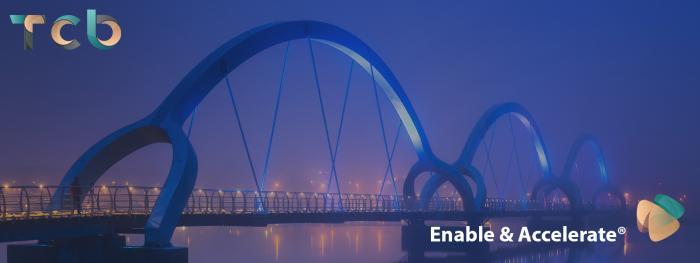He writes:
I spent some time working in an organisation where the total mantra was about what they called "Solution Focus". The phrase don't bring me problems only bring me solutions was the watchword. Some would say "Why not?", this creates a positive atmosphere, one of creation and problem solving. Like all things it would be effective when used in moderation. However, it wasn't and it created more stress and pressure than it needed to. Some of this approach came some of the historical management training of the 1980s.
The stress for the team, came from constantly having to deliver in a very reactive organisation. Stress is energy sapping and it actually distracts us from being really creative. In these situations it actually makes us look at short term fixes, rather than longer sustainable solutions. It was counter productive. Furthermore, this generally never surfaces the real challenges /issues. I also found from experience, that those who kept constantly asking for "solutions" rather than problems" were usually at some level of denial around the more fundamental or systemic problems. There is a fine balance between encouraging staff to ask for solutions as perennially bringing problems, rather than creating the right space for sustainable and systemic problem solving. To be clear, I am not advocating solving problems, but the relentless pressure to deliver instant solutions can be a long term demotivator.
Research has shown that creating a more hostile environment where there is constant pressure to perform can have a negative effect. This pressure can come in the form of the need to be continuously generating solutions.. It could be argued that having KPIs for constant problem resolution can remove energy and drive people down. I have witnessed this first hand, particularly when this pressure falls on the shoulders of a few people. I know from my own experience of leading cultural transformations in the operational excellence environment, we were very careful to ensure that leaders /managers were not overloaded with KPIs and there was clear understanding between responsibility and accountability, so as not to overload. In my consulting and operational days, I consistently found that organisations generated far too many KPIs which caused confusion . These were often ill thought out and even conflicted with each other. One further way is clearly to share the challenges in a collaborative way, so that teams can co-create the solutions.
One of the most effective ways to deliver the sustainable solutions is to have company or site culture that allows that to happen. One of the ways we can effect this is by ensuring there is an atmosphere of Psychological Safety without fear of any chastisement or retribution. This allows people to challenge respectively and constructively. Laura Delizonna covers this in more detail in her HBR article. Ultimately, any manager wants to create an atmosphere of "Value" rather than "Fear". In this way we can get over the concern about raising true issues, rather than acquiescing to find a solution that may not be sustainable. Having an atmosphere of "Value" is also linked to Psychological Safety.
I cover some of these elements in more depth within my new book, "Coaching for Cultural Transformation : Staying Competitive in Changing Environments" Finally, not getting continually sucked into a cycle of finding immediate quick fixes, it allows us to experiment with proper solutions . A Honda Senior Executive (Anon.) once said, "The true quality heroes are the ones that surface problems, not solve them"
Reference: Laura Delizonna HBR Article on Psychological Safety August 2017
